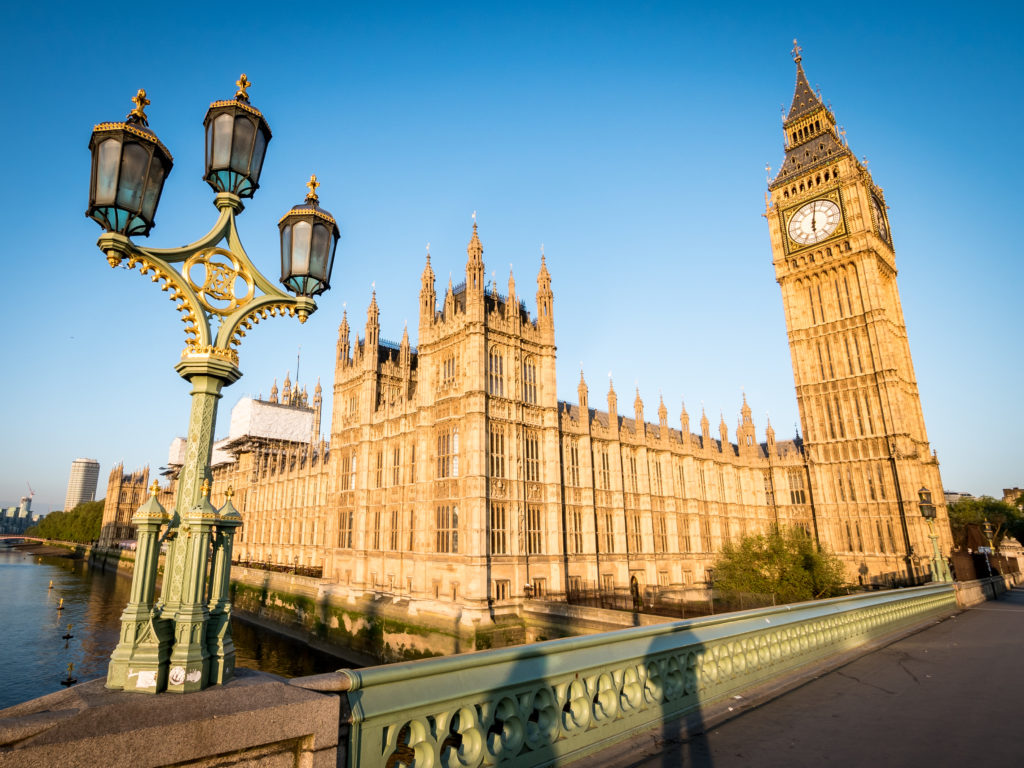The Environment Agency has been ordered to release financial information regarding a landfill site near Swansea after an earlier ruling preventing its disclosure was sensationally overturned last week.
In a case which could pave the way for other waste company information to be made public, the Information Rights Tribunal upheld an appeal by Swansea Friends of the Earth against a decision by the Information Commissionertowithholdthe informationoncommercial confidentiality grounds.

The appeal arose from a request made in 2008 by Roy Jones from SwanseaFriends of the Earthto the Environment Agency for information relating to financial guarantee arrangements put in place by S I Green (UK) Ltd as a condition for obtaining a permit to operate a waste landfill site at Cwmrhydyceirw Quarry, near Swansea. The information had to be provided by S I Green to show that it had adequate financial provision in place to discharge the obligations of the permit for as long as the landfill site poses a hazard.
The Agency refused the request in part on grounds of commercial confidentiality and Mr Jones complained to the Information Commissioner. In June 2011 the Information Commissioner found that the Agency had properly applied the EIR and did not require any remedial steps to be taken.
However, Mr Jones appealed and in a decision last Friday (April 27) Judge Anisa Dhanjiruled that it was in the public interest to disclose the information and that it must be released. The Agency has now been given 20 working days from promulgation to disclose the disputed information to the complainant.
Judge Dhanji said: We find that in all the circumstances of this case, the public interest is maintaining the exception does not outweigh the general and specific public interest considerations referred in favour of disclosure. For all these reasons we find that even if regulation 12 (5)(E) is engaged, the Disputed Information must be disclosed.
This appeal is allowed. Our decision is unanimous.
EIR
The case centres around the Environmental Information Regulations (EIR), which provide a right of access to environmental information held by public authorities in England and Wales. The Agency had withheld the information under section 12 (5) (e) of the regulations which sets out when a public authority can refuse to release information on grounds of commercial confidentiality.
In reaching its decision, the Tribunal considered first, whether the information in question was indeed confidential in order to quality for 12 (5) (e) and secondly whether it was more in the public interest to release it or withhold it.
The Information Commissioner, Environment Agency and S I Green said that there was an expectation that once a permit was granted, the information that had been provided for that purpose would remain confidential. They added that the information was commercially sensitive as it would be of considerable value to their competitors, who they argued could use it to estimate the cost and even profit margin of a particular site.
For his part, Mr Jones argued that the information was not confidential as S I Green had not asked the Agency to keep it confidential and the Agency had not agreed to do so. And, he argued that revealing the figures would not enable a competitor to work out the costing for the site.
In reaching her decision, Judge Dhanji said the Tribunal did not see any evidence that the information was imparted in circumstances importing an obligation of confidence.
She added: It follows that we find that regulation 12 (5)(e) is not engaged, that the information must be disclosed, and the appeal dismissed.
“There is no evidence before us, for instance, to indicate that there is a known formula that would allow anyone with the knowledge of the bonded sum to be able to arrive at any meaningful information about Greens operating costs”
Judge Anisa Dhanji
And, she ruled that even if regulation 12 (5)(e) was engaged, it would not apply, as the Tribunal saw no evidence that competitors would know S I Greens operating costs at the site or be able otherwise to damage its commercial interests.
She said: There is no evidence before us, for instance, to indicate that there is a known formula that would allow anyone with the knowledge of the bonded sum to be able to arrive at any meaningful information about Greens operating costs, profits, or any other information that would be damaging if it fell into the hands of a competitor.
Public interest
Judge Dhanji added that the purpose of the bond was to provide the public with protection should things go seriously wrong and that disclosing the information would allow the public to understand the level of protection that it being provided to them.
She said: We accept that there is a strong public interest in the protection that the financial provision provides in relation to this site if an event were to occur threatening the safety of the public or the environment.
The Judge allowed the appeal and overturned the Information Commissioners previous ruling from 29 June 2011.
She said: The Tribunal finds that the Disputed Information is not exempt under regulations 12 (5)(e) of the Environmental Information Regulations 2004.
Within 20 working days of the Tribunals determination being promulgated, the Public Authority must disclose the Disputed Information to the Complainant.
Very happy
Responding to the decision, a spokesman for Swansea Friends of the Earth told letsrecycle.com: We are very happy with the decision. All we wanted to know was that the Agency was going their job properly by putting a proper bond on the site. We are not interested in the internal finances of the company in question.
S I Green and the Environment Agency were unavailable for comment.They and the Information Commissioner now have 28 days from the date of the decision to decide if they wish to appeal to the upper tribunal.
Recommendations
Related Links
Following last years ruling by the Information Commissioner, law firm SNR Denton issued advice to companies to help them prevent the release of confidential information under an EIR request. It suggested that information should be marked as confidential and that companies should follow the procedure under the Environmental Permitting Regulations to determine whether the document is confidential and can be excluded from the public register.










Subscribe for free